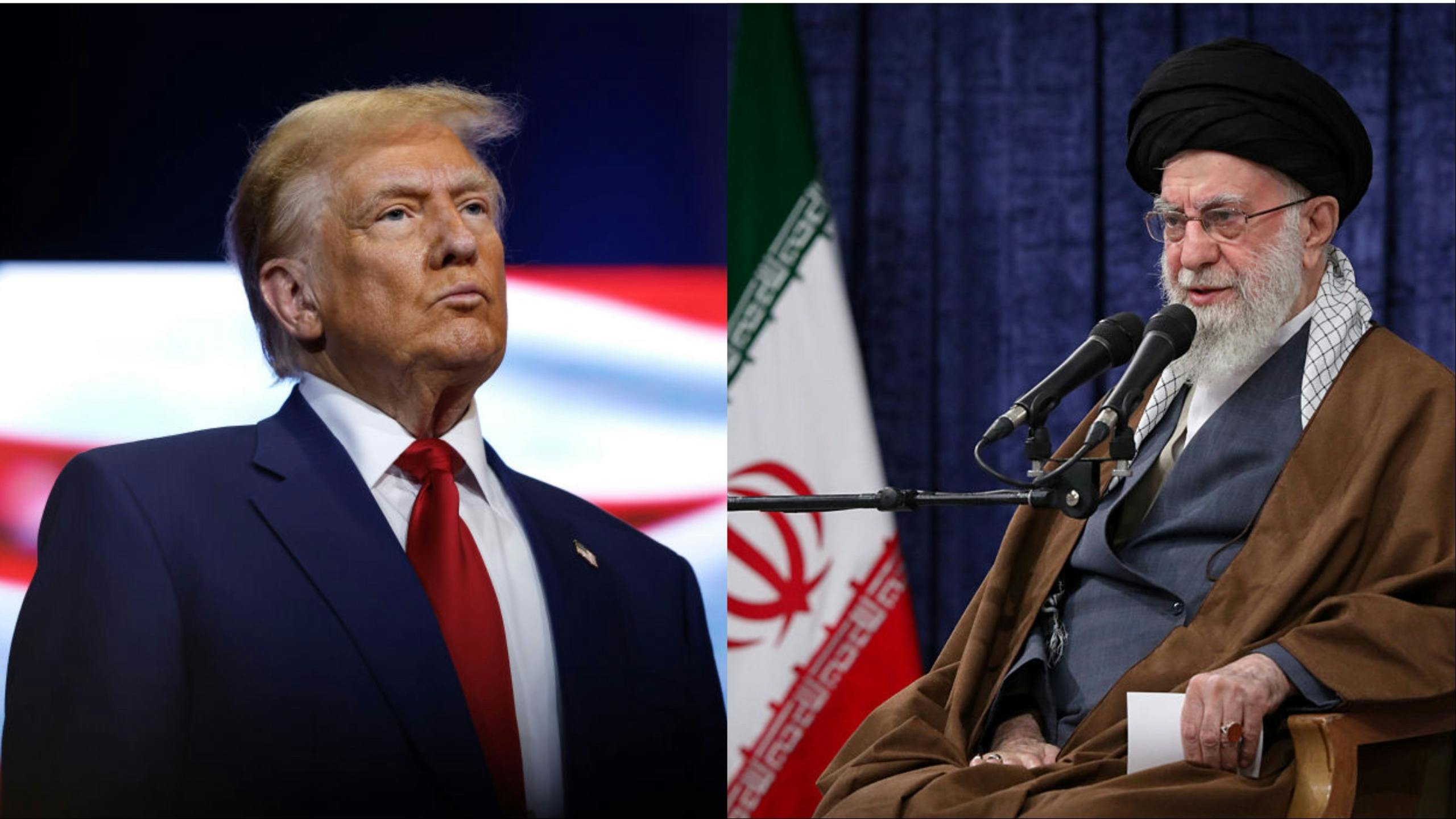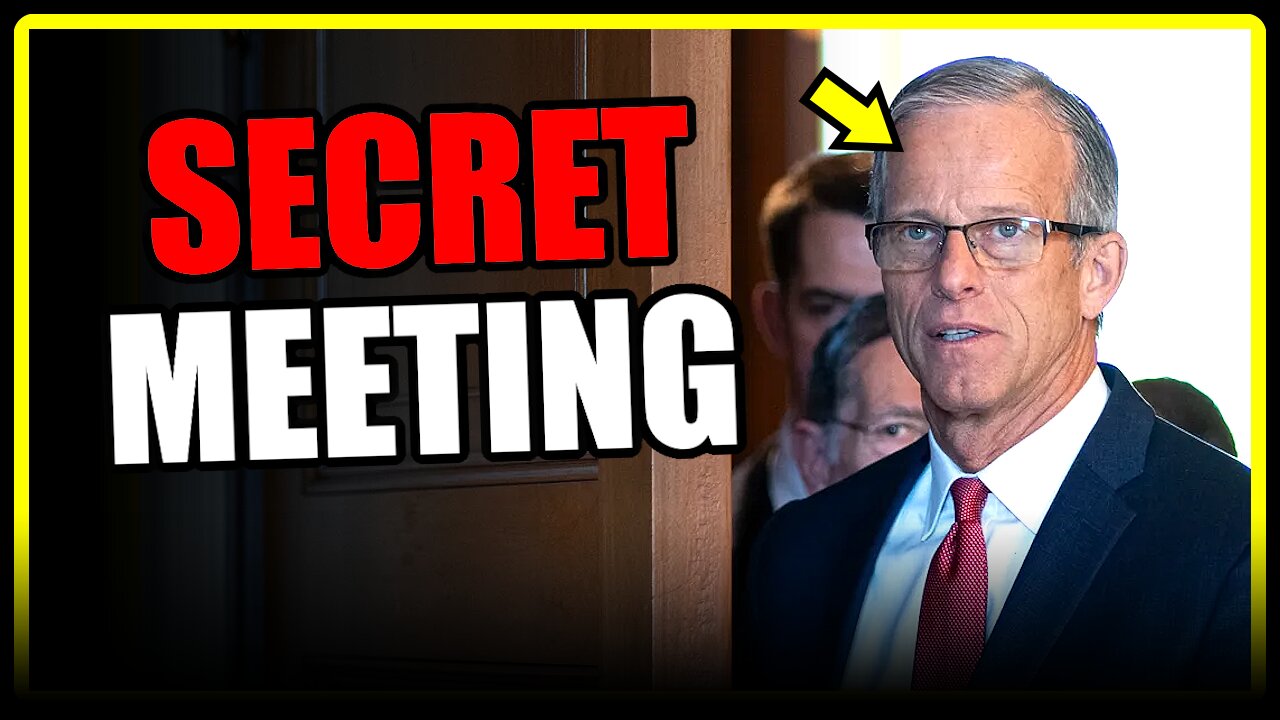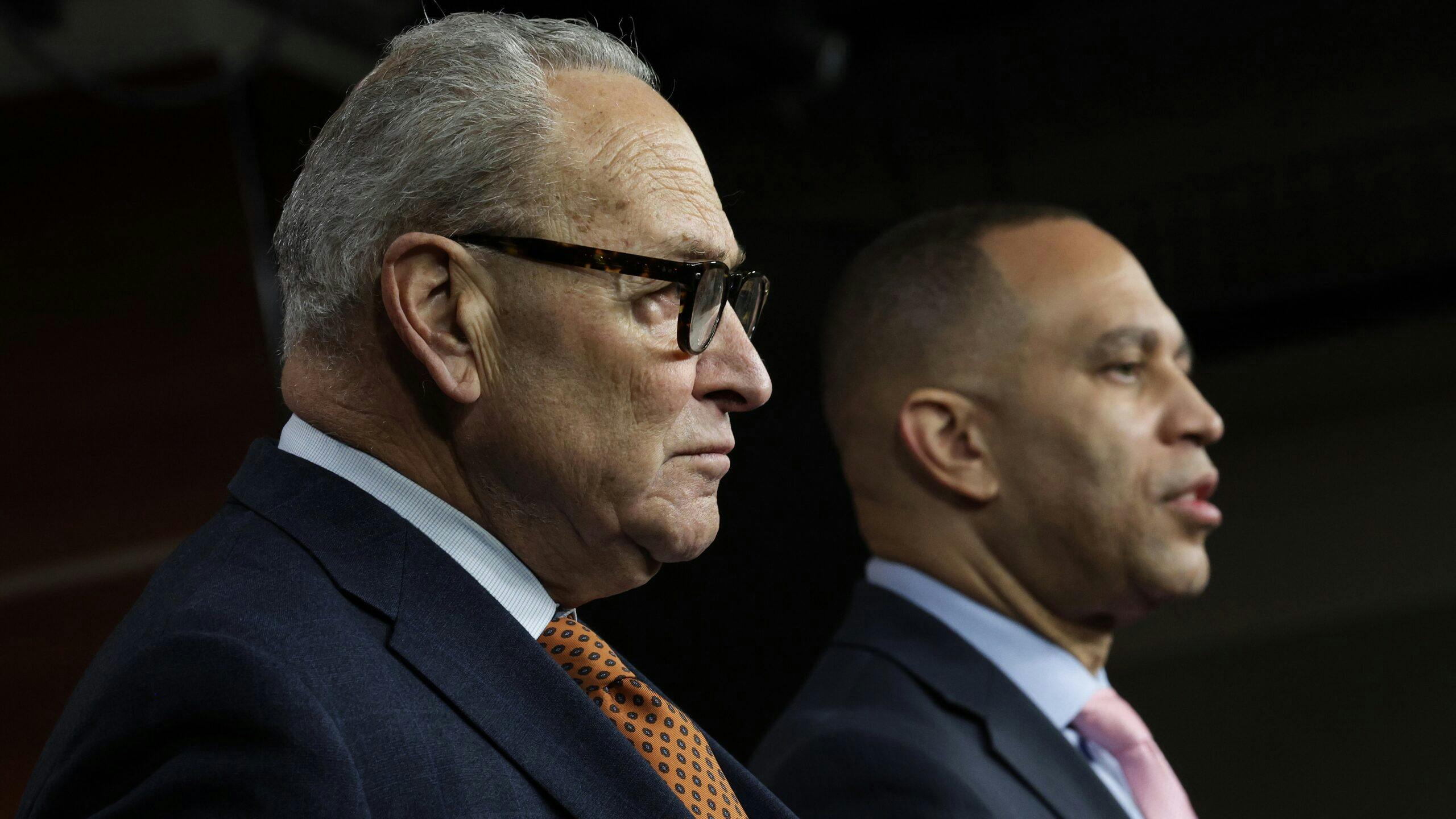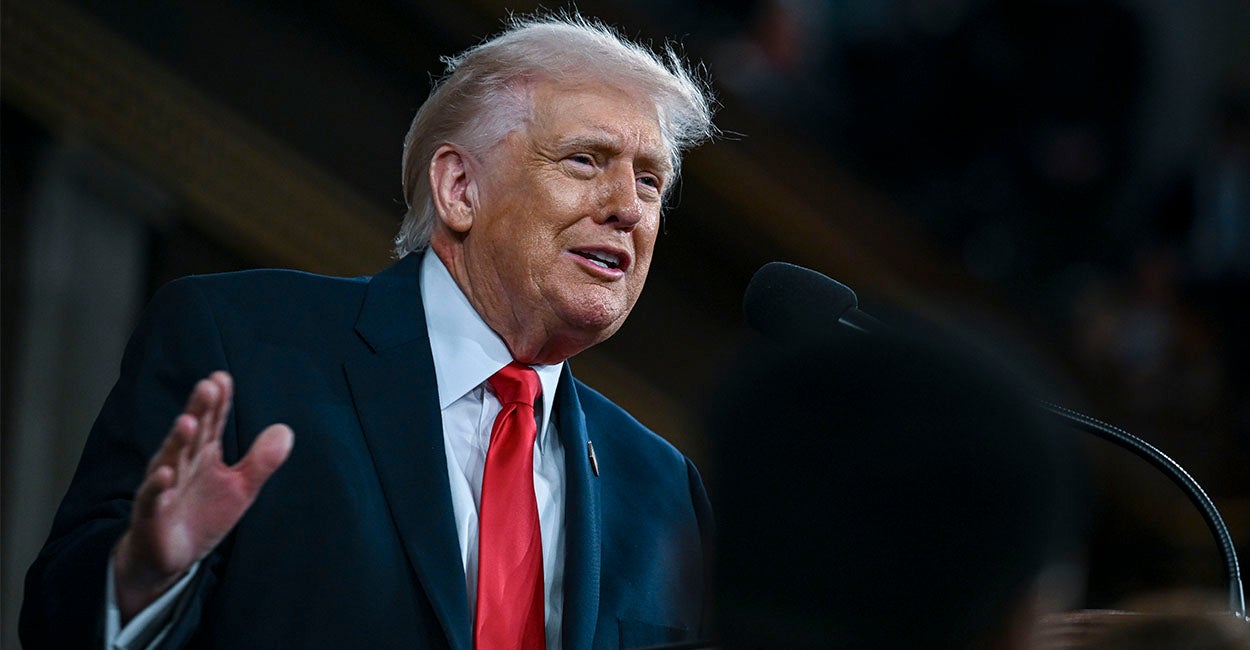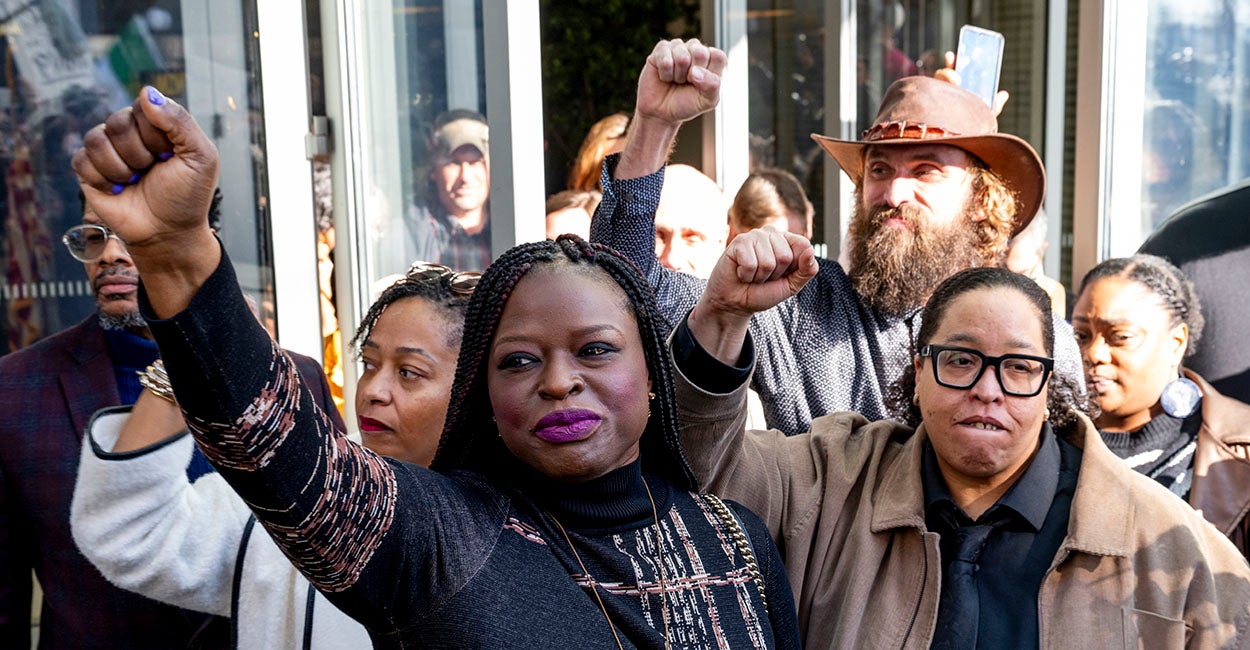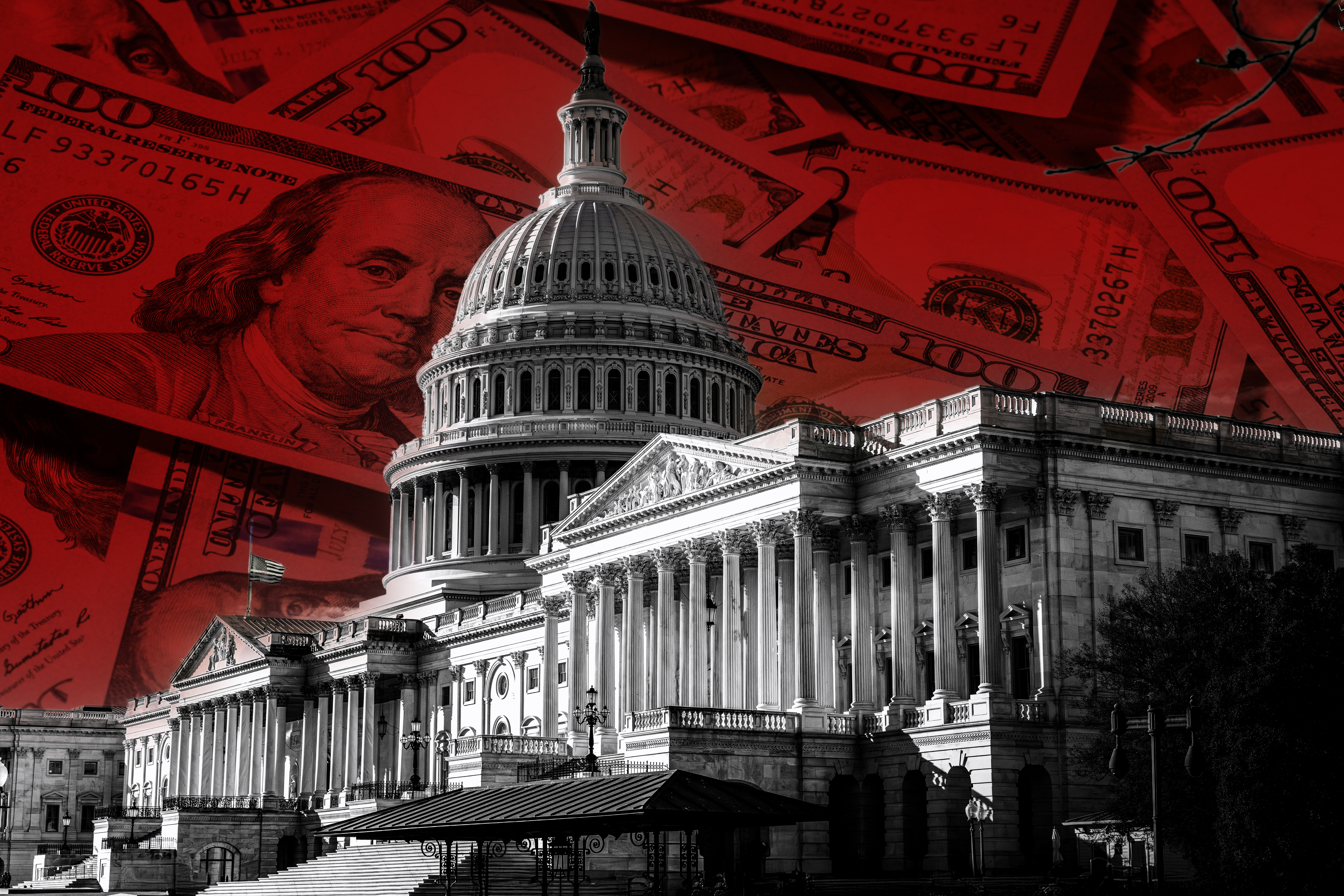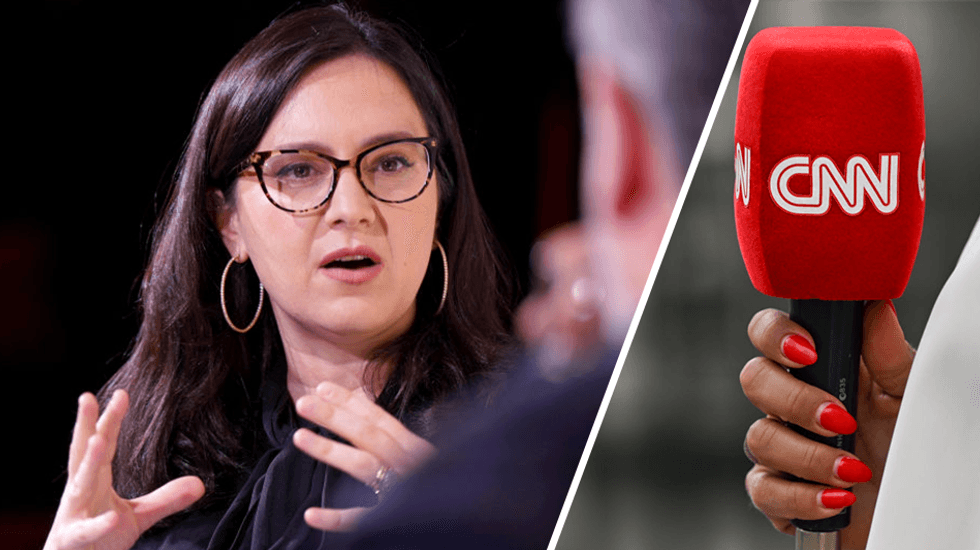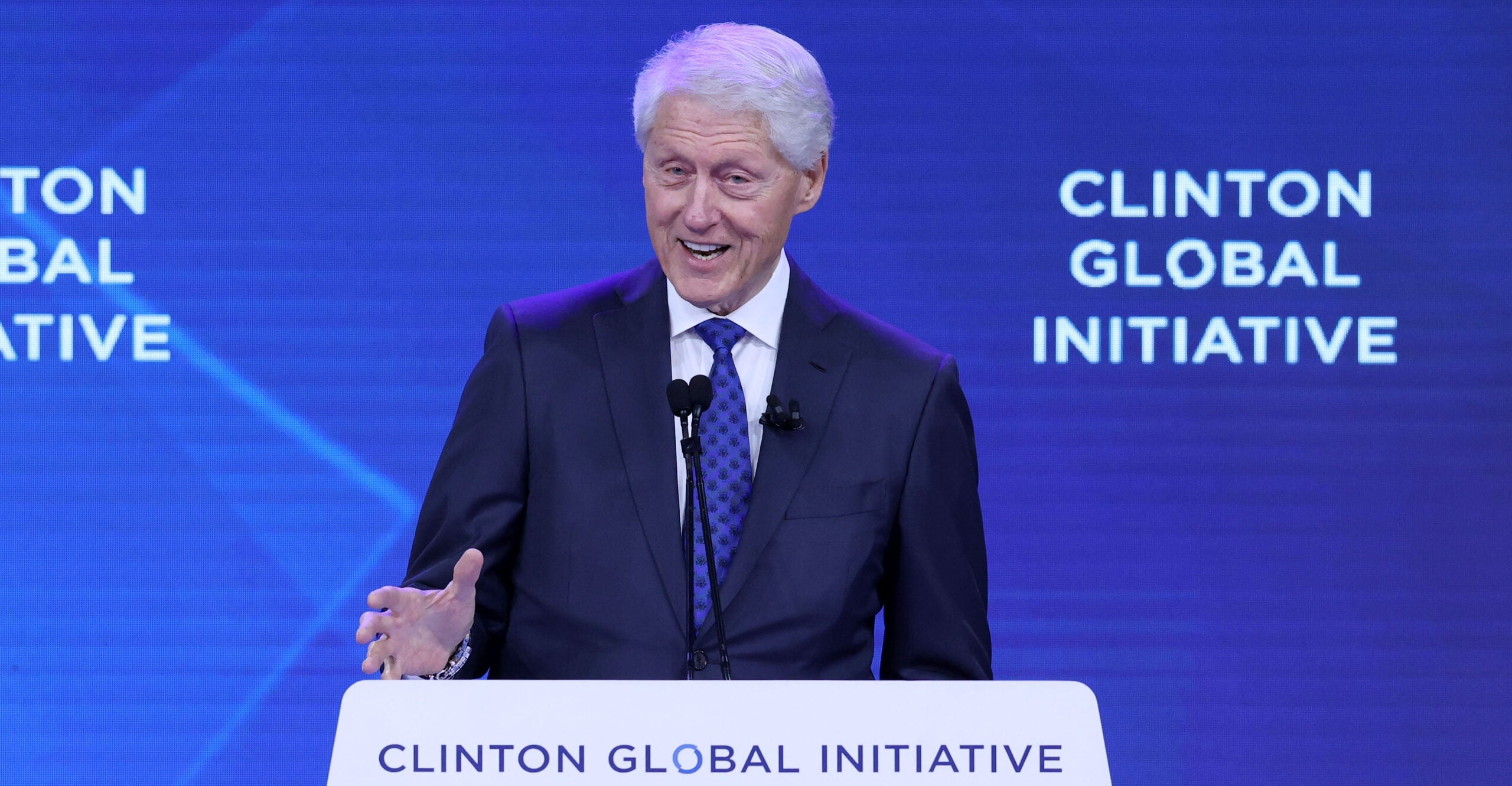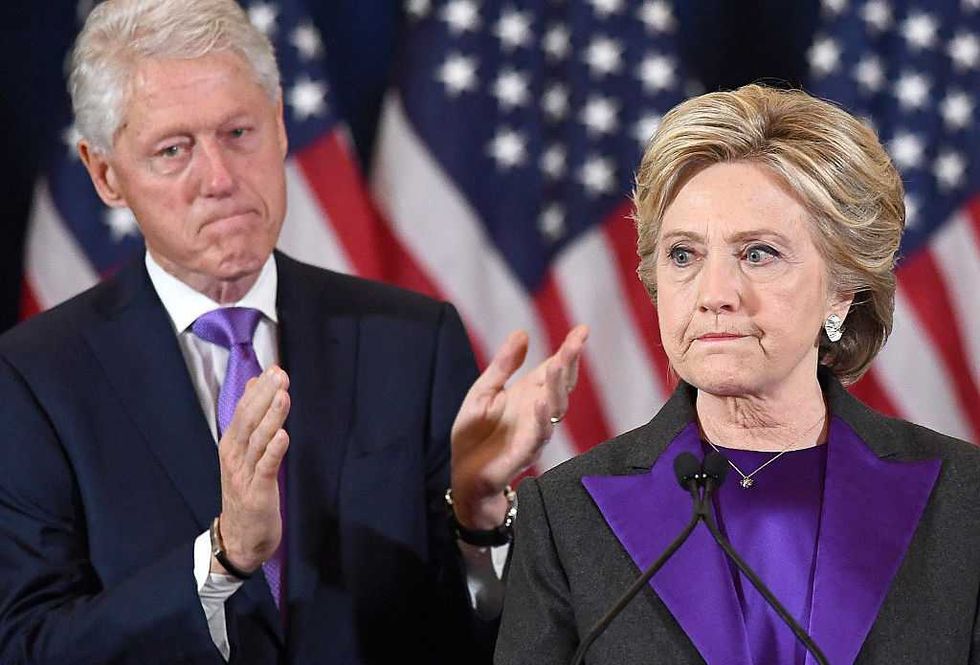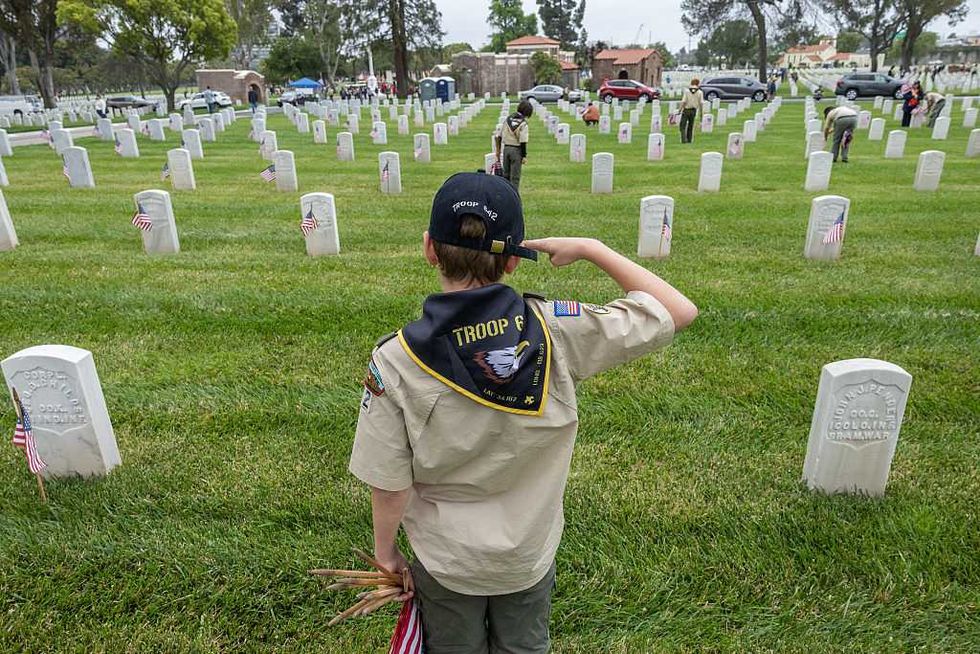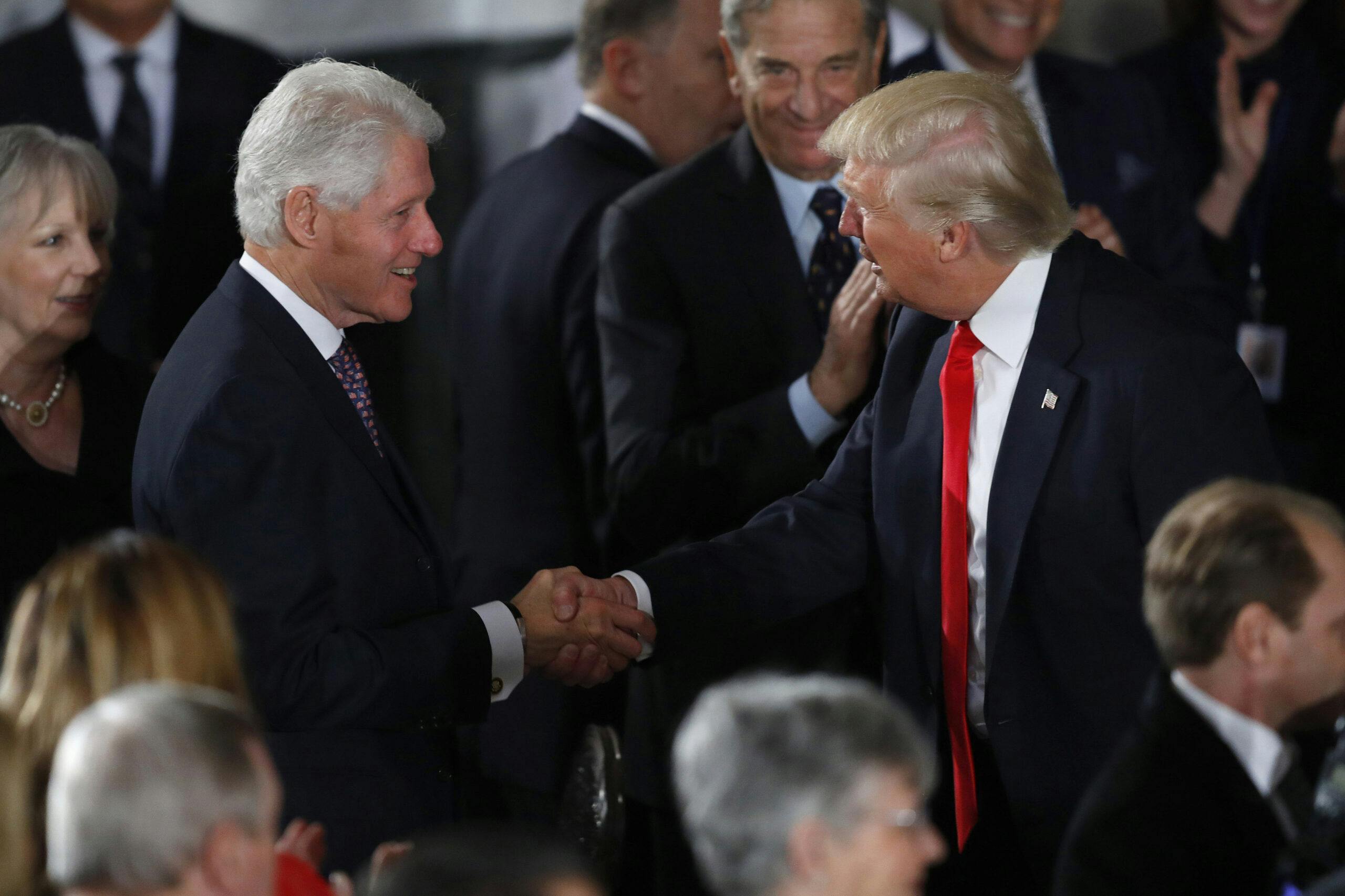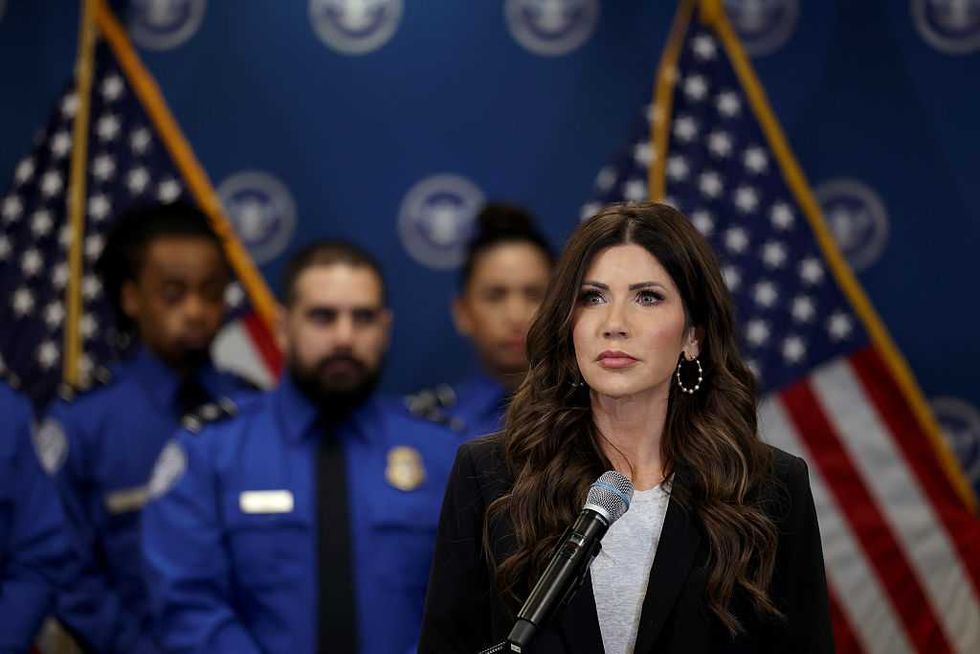Erika Kirk’s Powerful Forgiveness Shatters Negative Myths About Forgiving Others
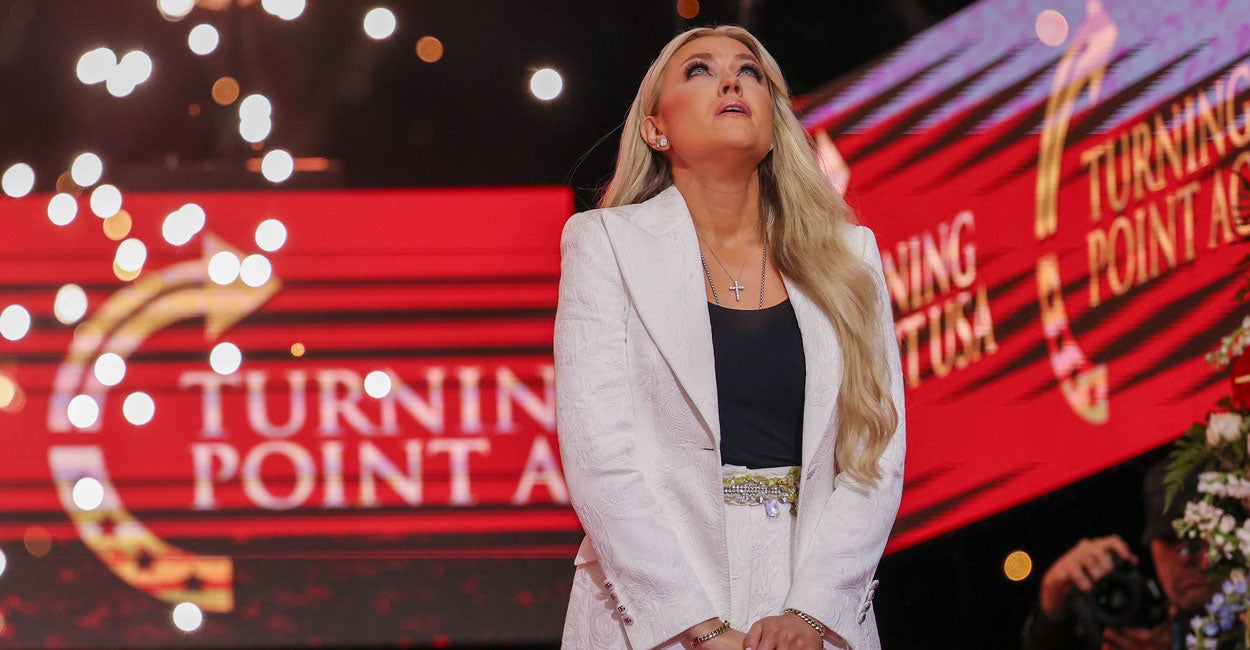
Erika Kirk‘s powerful example of forgiveness sparked a massive wave of conversation about forgiveness—including some misperceptions about it. But there is no disputing: Forgiveness is scientifically-proven to heal our minds and bodies—and also our material well-being and futures.
Live Your Best Retirement
Fun • Funds • Fitness • Freedom
As the widow of the assassinated conservative activist Charlie Kirk, Erika Kirk forgave her husband’s murderer during a memorial service to the slain 31-year-old who was also outspoken for his Christian faith.
By doing so, Kirk significantly moved forward in her healing journey through unimaginable trauma. She began rewiring her neural pathways through a concept called neuroplasticity that enables our brains to create new thought patterns in response to painful stimuli.
Some falsely claim that forgiving others means downplaying or excusing sin and harm by the perpetrator. Others falsely claim that forgiving makes victims weak and passive, or that forgiving means allowing an abuser to strike again.
For believers, forgiveness is first and foremost an act of obedience to God. As a devout Christian, Kirk cited her faith: “I forgive him because it was what Christ did, and it is what Charlie would do,” she said. “The answer to hate is not hate. The answer we know from the Gospel is love.”
Even for those who don’t believe in God, science proves forgiveness is a powerful, healing antibiotic for people around the world. Johns Hopkins Medicine reported “Studies have found that the act of forgiveness can reap huge rewards for your health, lowering the risk of heart attack; improving cholesterol levels and sleep; and reducing pain, blood pressure, and levels of anxiety, depression and stress.”
Scholars with the Harvard T.H. Chan School of Public Health led by Tyler J. VanderWeele released a study last year showing forgiveness reduced depression and anxiety and promoted well-being in five high-conflict countries: Colombia, South Africa, Ukraine, Indonesia, and Hong Kong. Harvard’s Human Flourishing Program, which VanderWeele directs, conducts and curates scientific data around forgiveness.
The team released new data this spring from roughly 200,000 adult participants across more than 22 countries over five years, the Global Flourishing Study. It showed that more frequent religious service attendance, better health, more secure family financial status, along with higher quality maternal and paternal relationships are associated with a higher likelihood of forgiveness in adulthood.
Conversely, it showed the lowest forgiveness among those in the 18—24 age group, people who are single and never married, those who are unemployed and looking for a job, people who never attend religious services, and people with eight or fewer years of education.
An important misunderstanding is often repeated about forgiveness, mistaking it for reconciliation. Forgiveness is a unilateral act based on godly mandates, such as those taught by Jesus.
Reconciliation, on the other hand, is a process that requires changes from the abuser and is not always guaranteed. Sometimes, it is necessary to forgive without reconciling, especially if the abuser continues to cause pain. Setting healthy boundaries is crucial for self-protection and breaking generational cycles of abuse.
Forgiving others sparks a positive contagion effect. Famed actor Tim Allen said in response to Erika Kirk, he was inspired to forgive a perpetrator from 1964. That year, when Allen was age 11, his father died in a tragic car accident. Allen said he could not forgive the drunk driver responsible—until he watched Charlie Kirk’s funeral service.
“I have struggled for over 60 years to forgive the man who killed my Dad. I will say those words now as I type: ‘I forgive the man who killed my father,’” Allen posted on X. “Peace be with you all.”
Conservatives believe in a transcendent moral order to the universe. Surely, forgiveness is part of this moral order. Yet while there’s so much scientific, sociological, and other data about the benefits of forgiveness, we can talk about all of that until the cows come home, but emotionally, forgiveness is a very different thing. It starts with a desire to forgive and ends with truly amazing grace.
Carrie Sheffield is author of “Motorhome Prophecies: A Journey of Healing and Forgiveness” and program manager of Healthy Faith at United Charitable.
We publish a variety of perspectives. Nothing written here is to be construed as representing the views of The Daily Signal.
The post Erika Kirk’s Powerful Forgiveness Shatters Negative Myths About Forgiving Others appeared first on The Daily Signal.
Originally Published at Daily Wire, Daily Signal, or The Blaze
What's Your Reaction?
 Like
0
Like
0
 Dislike
0
Dislike
0
 Love
0
Love
0
 Funny
0
Funny
0
 Angry
0
Angry
0
 Sad
0
Sad
0
 Wow
0
Wow
0


